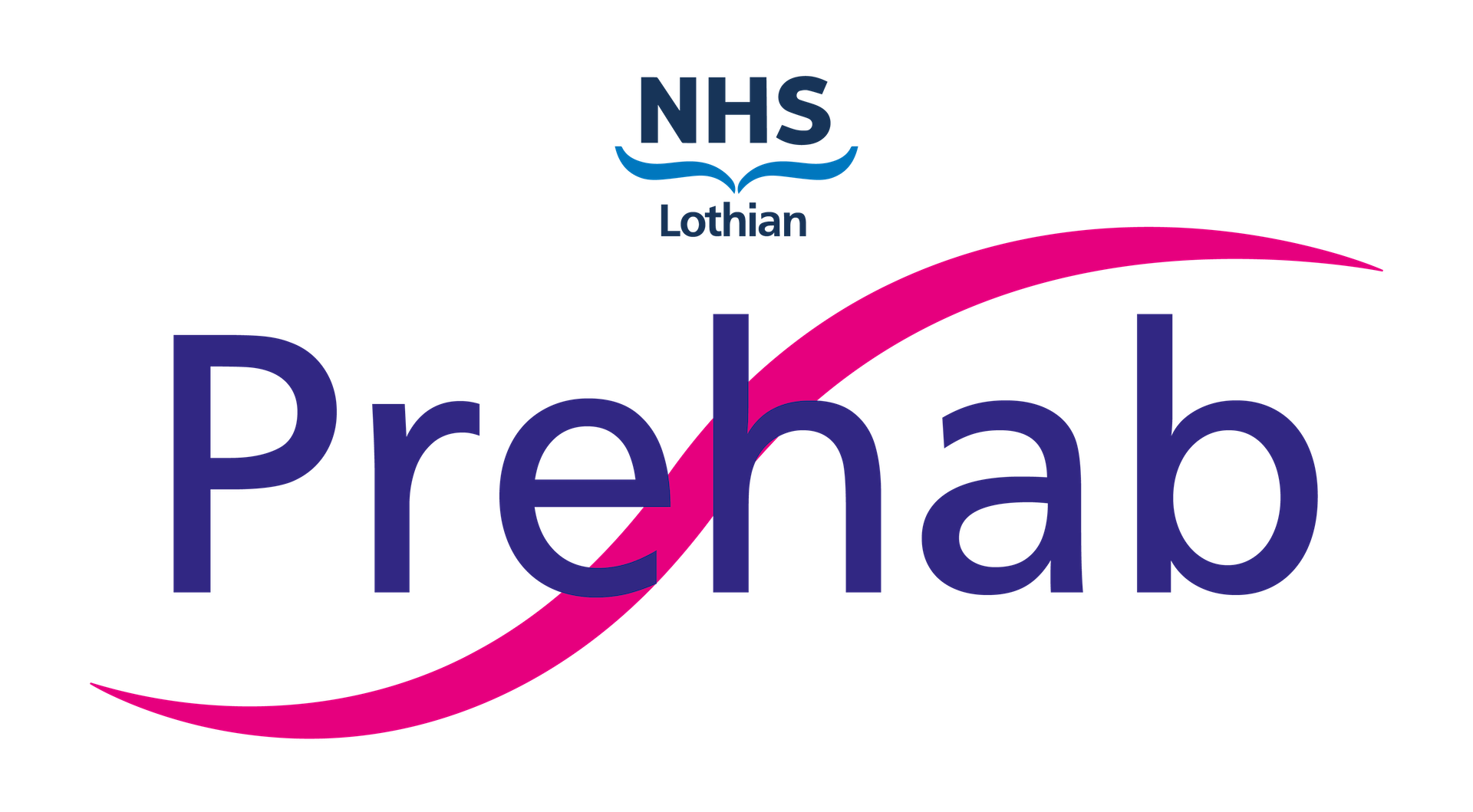Smokers are over-represented amongst adults presenting for major surgery. Approximately 20-30% of patients presenting for major non-cardiac surgery are smokers compared to 12.9% of the population who smoke.
Evidence demonstrates that when addressed early, effective preoperative smoking cessation can be achieved leading to substantial reductions in postoperative morbidity. The sooner that smoking cessation can occur, the greater the benefit.
Although measurable reduction in perioperative risk requires smoking cessation to have occurred at least 4 weeks prior to surgery, it is never too late to encourage smoking cessation. There is no increased risk from smoking cessation occurring immediately before surgery.
Patients requiring treatment are more receptive to intervention and are more motivated to quit. It may be the stimulus they require to stop smoking resulting in significant long-term health benefits.
Full cessation should be the goal for all smokers preoperatively to substantially reduce surgical risk. The longer the period of preoperative abstinence the better, however any effort to reduce or abstain from smoking is advisable.


